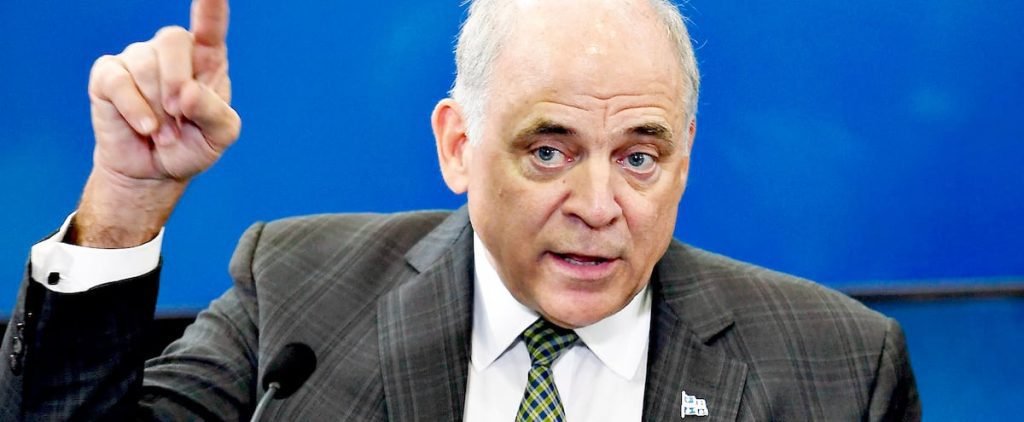
First at Salon Bleu in Quebec: Finance Minister Pierre Fitzgibbon had to answer a question from the Liberals by chatgpt on artificial intelligence.
• Also Read: ChatGPT may sue the mayor for defamation for insinuating his criminal past
• Also Read: Blocked in Italy, ChatGPT promises to “strengthen transparency”.
Liberal Frédéric Beauchemin has been calling for a parliamentary commission for days on the risks associated with the appearance of intelligent robots like ChatGPT.
To get the government’s attention this time, he asked this question written by ChatGPT AI.
“I would like to address my question to the Finance Minister about the impact of artificial intelligence on our economy. With the rise of artificial intelligence, many economic sectors are being transformed and jobs are changing. In this context, I would like to know how the Government of Quebec intends to support this transition to an increasingly digital and automated economy, ensuring the protection of jobs and the competitiveness of our province.
Can you tell us what specific measures your ministry is implementing to promote the use of artificial intelligence and businesses and industries while ensuring worker protection?“, read Mr. Beauchemin, signaling, “passing.”This question is completely prepared by ChatGPT.
Forum with experts
Finance Minister Pierre Fitzgibbon rose to answer this question.
He announced a non-partisan forum on artificial intelligence and its risks, where eight experts were heard.
“I invited my colleagues and the opposition on Wednesday to discuss the responsible development of artificial intelligence. AI experts will be with us and in the meeting, the opposition will be invited to contribute to an unbiased reflection to review the entire ethical framework,” he said.
He reiterated the opportunity “to have in Quebec the best researchers in the world in basic research,” mentioning computer scientist Yoshua Bengio by name.
“It is no longer a question of investing in artificial intelligence. On the contrary, our companies should benefit from it. On the other hand, it is clear that the regulatory framework, the ethical framework should be better subscribed,” he said, assuring that he shared the concerns of his opposition colleagues.
The minister felt that it would be impractical at this time to establish a parliamentary commission to enable the whole of Quebec society to participate in this reflection.
Serious risks
Solidarity’s Haroon Bouzzi reiterated AI’s “serious risks to society and humanity”.
“When a car decides to drive over a pedestrian without hitting a pole, who is responsible? When an artificial intelligence decides to end a depressed person’s life, who is responsible? When an artificial intelligence invests a citizen’s RRSPs in a fraudulent fund, who is liable? When an artificial intelligence responds to a request to generate 100,000 fraudulent tweets during an election, who is responsible? What happens with our personal data? These questions are fundamental and deserve a genuine public debate,” he pleaded.
Already frame
Quebec has already created legal and ethical guidelines in 2019 to protect the population from the dangers of AI slippages, said Cybersecurity and Digital Minister Eric Kair.
“We adopted the Quebec government’s first artificial intelligence integration strategy that touched on these ethical issues,” he said.
However, he noted that Quebec is always ready to discuss this issue to bring about improvements and strengthen the regulatory and legislative system.
“Yes, a discussion with Quebec society is necessary,” he added.






More Stories
Sportswear: Lolle acquires Louis Garneau Sports
REM is still innovative enough to foot the bill
A trip to the restaurant with no regrets for these customers